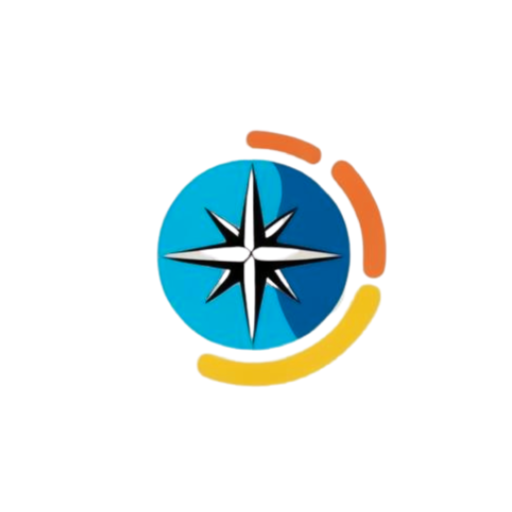Historical Timeline
1606 (June 21, Monday): First European contact by the Spanish explorer Pedro Fernandes de Queirós
1774 (May 4, Wednesday): British explorer Captain James Cook makes contact with Vanuatu, naming the islands the “New Hebrides”
1839 (November 17, Saturday): First missionary activity begins in the islands, primarily by French missionaries
1906 (June 28, Thursday): Joint British and French condominium established over the New Hebrides
1960s (Sunday): Movement for independence begins, driven by both British and French colonial practices
1980 (July 30, Wednesday): Vanuatu gains independence from the joint British-French condominium
1999 (December 26, Sunday): Severe tropical cyclone (Cyclone Vania) causes widespread damage across the islands
2002 (December 6, Friday): Major volcanic eruption of Mount Yasur, affecting local populations and tourism
2015 (March 13, Friday): Cyclone Pam, one of the worst cyclones to hit Vanuatu, causes major devastation
2020 (April 1, Wednesday): Earthquake (magnitude 7.7) strikes near the island of Espiritu Santo, with significant aftershocks
2022 (April 27, Wednesday): Mount Gharat erupts, sending ash clouds into the atmosphere and affecting local air travel
General Information
Continent: Oceania
Location: South Pacific Ocean, approximately 1,750 km (1,090 mi) east of northern Australia
Capital: Port Vila
Language: Bislama, English, French
Currency: Vanuatu vatu (VUV)
Population: ~300,000 (last updated: April 2025)
Time Zone: Vanuatu Time (VUT)
Topography
Borders: None (island nation)
Landscape: Volcanic islands, mountainous terrain, tropical rainforests, coral reefs
Major Rivers: None significant due to the island geography
Major Mountains: Mount Yasur, Mount Gharat, Mount Benbow
Deserts: None
Lakes: Lake Lemenka, Lake Riri
Volcanoes: Mount Yasur (active), Mount Gharat, Mount Benbow
Highest Point: Mount Tabwemasana (1,877 m / 6,158 ft)
Lowest Point: Pacific Ocean (0 m / sea level)
Climate: Tropical, with a wet season from November to April and a dry season from May to October
Geological Features: Volcanic islands, geothermal activity, rich biodiversity
Demography
Ethnic Groups: Predominantly Melanesian (approximately 98%), with small minorities of Europeans, Polynesians, and others
Religion: Predominantly Christian (approximately 83%), with smaller groups of indigenous and other faiths
Urban Population: ~27% (last updated: 2023)
Aging Population: ~3% aged 65+ (last updated: 2024)
Culture
Famous For: Traditional Melanesian culture, the island way of life, unique languages and customs
Cuisine: Laplap, coconut crab, local fish, root crops (like taro and yam), tropical fruits
Arts: Traditional carving, weaving, and painting, as well as modern music and dance
Sports: Rugby union, football (soccer), basketball
Popular Festivals: The Vanuatu Cultural Festival, International Jazz and Blues Festival, Independence Day (July 30)
Economy
Economy Type: Mixed, with a reliance on agriculture, tourism, and offshore financial services
GDP: Approx. $1.1 billion USD (last updated: 2024)
Major Industries: Agriculture (copra, cocoa, kava), tourism, offshore financial services
Key Exports: Copra, cocoa, timber, fish
Unemployment Rate: ~4.3% (last updated: 2024)
Economic Regions: Rural agriculture-dominated areas, coastal tourism hubs, urbanized Port Vila
Government
Government Type: Parliamentary republic
Head of State: President Nikenike Vurobaravu (as of April 2025)
Head of Government: Prime Minister Ishmael Kalsakau (as of April 2025)
Legislature: Unicameral (Parliament of Vanuatu)
Constitution: In effect since 1980
Political Parties: The Vanua’aku Pati, Union of Moderate Parties, and others
Important Note: Vanuatu has a long history of political instability with frequent changes in government
Travel Attractions
Port Vila: Cultural and historical sites, markets, and beaches
Tanna Island: Mount Yasur, one of the most active volcanoes in the world
Efate Island: Blue Lagoon, beautiful beaches, and coral reefs for diving and snorkeling
Espiritu Santo: Champagne Beach, world-famous for its clear waters and coral reefs
Pentecost Island: Known for land diving (a precursor to bungee jumping)
Vanuatu’s Traditional Villages: Immersive experiences in rural communities to learn about island traditions and lifestyles
